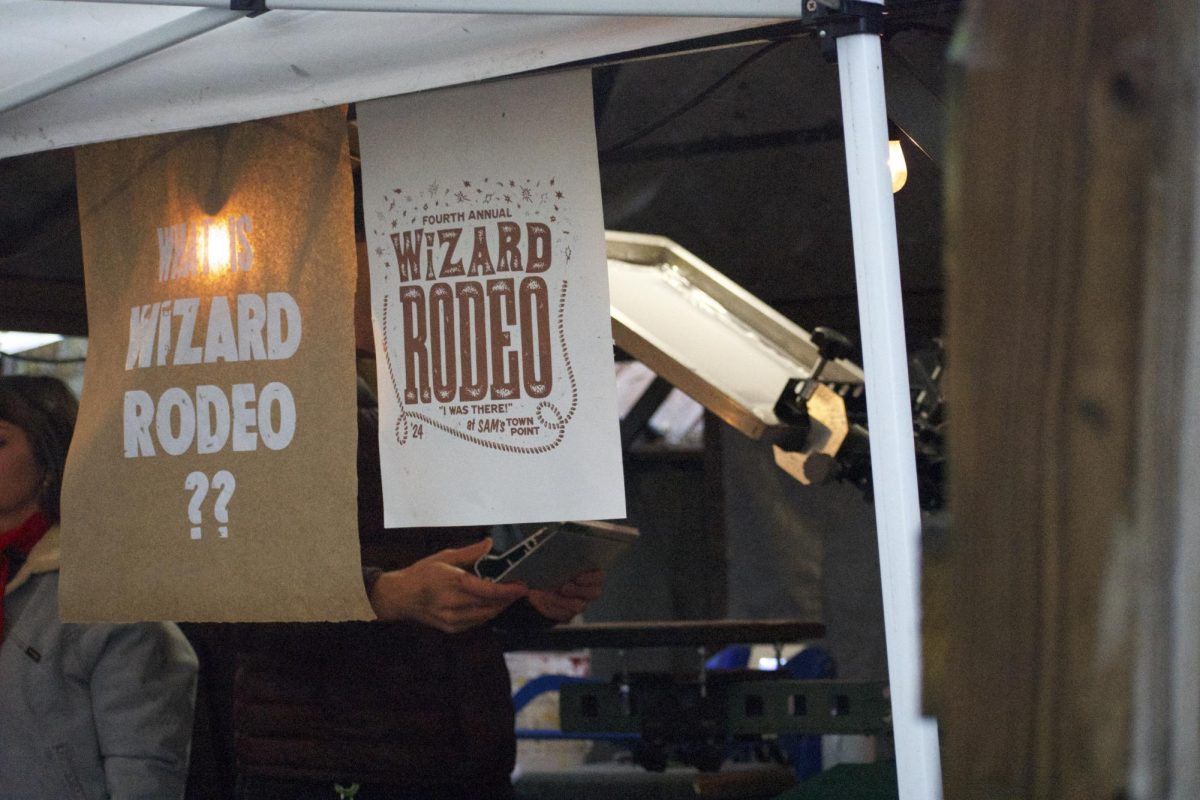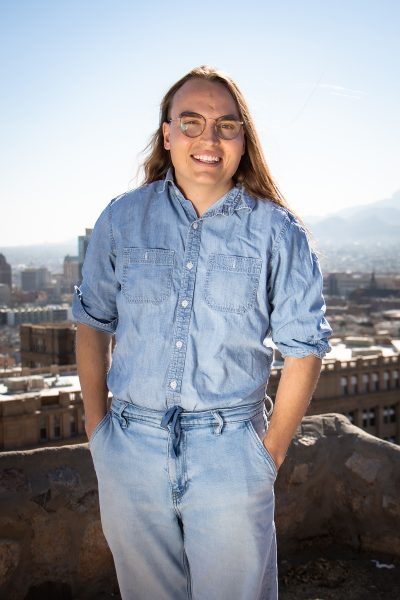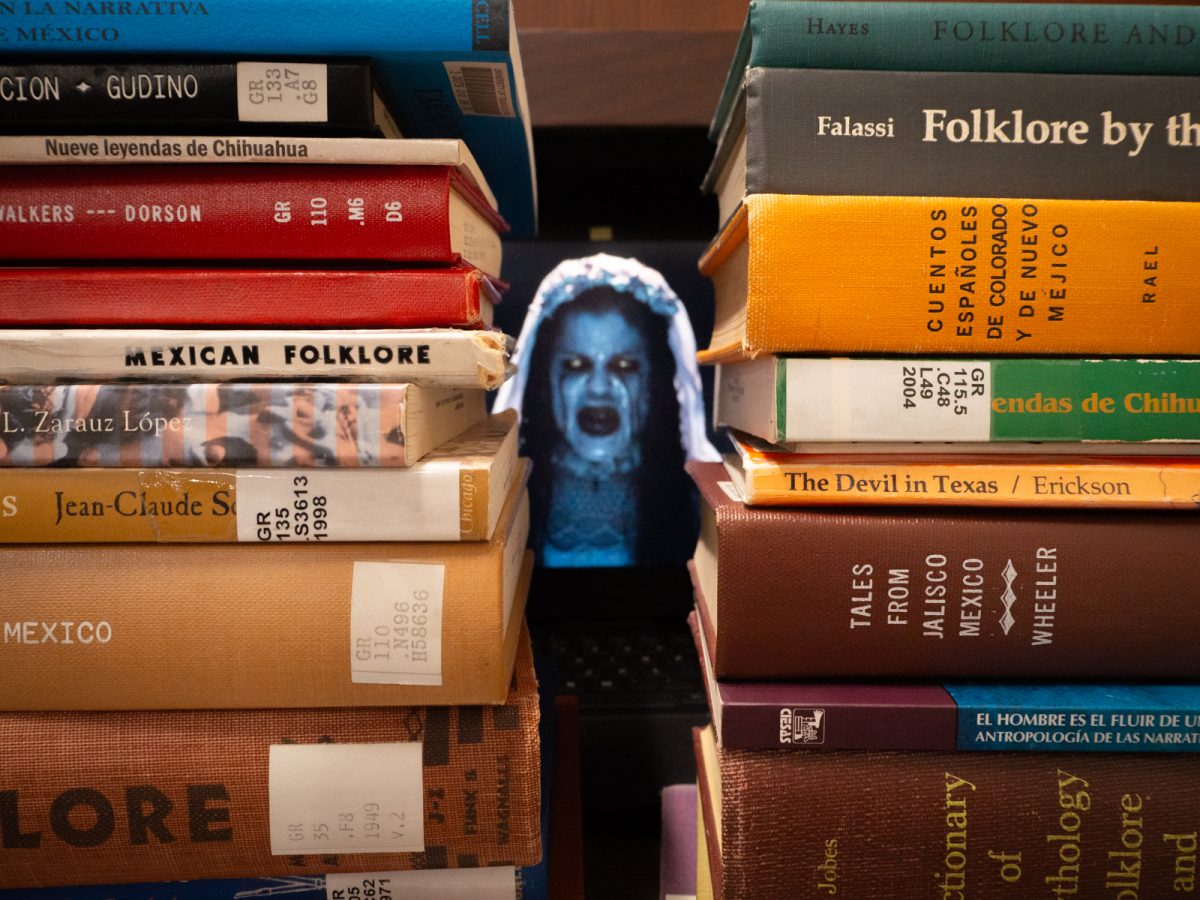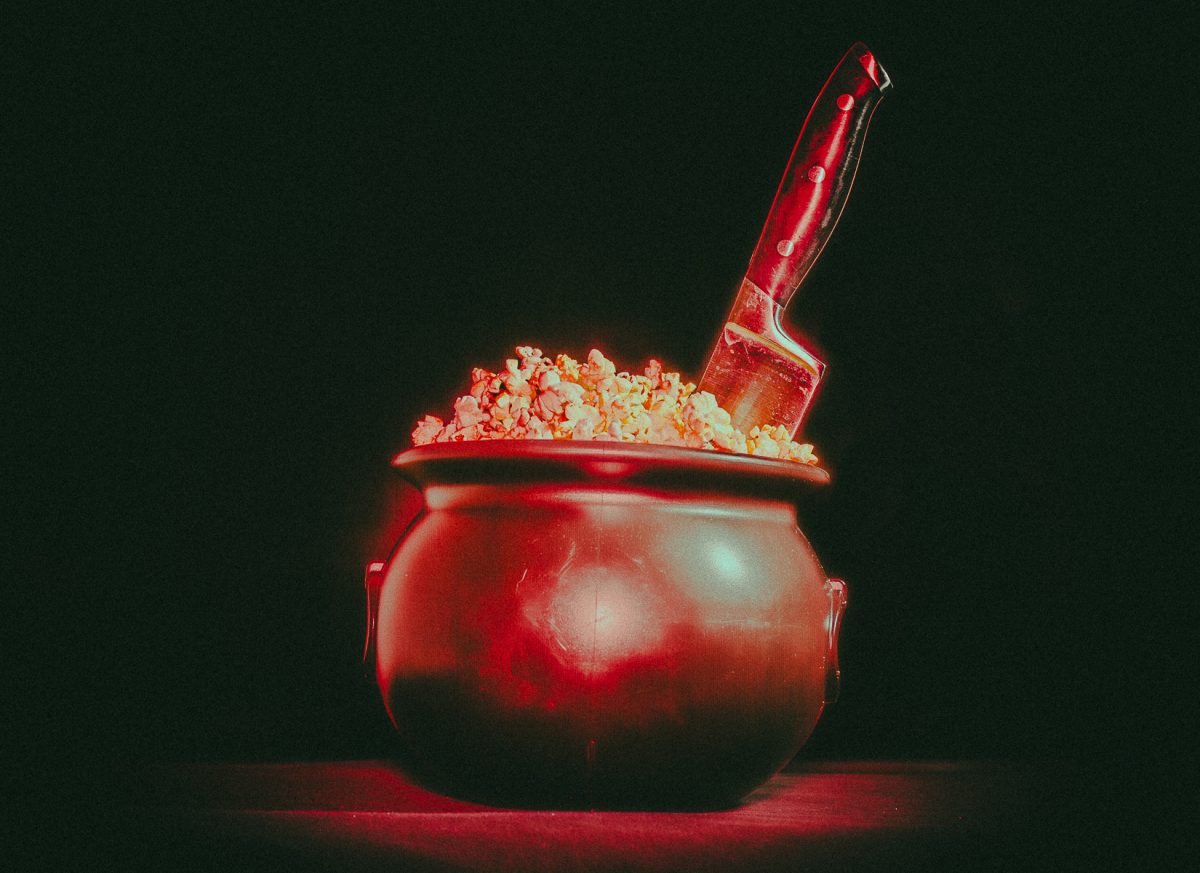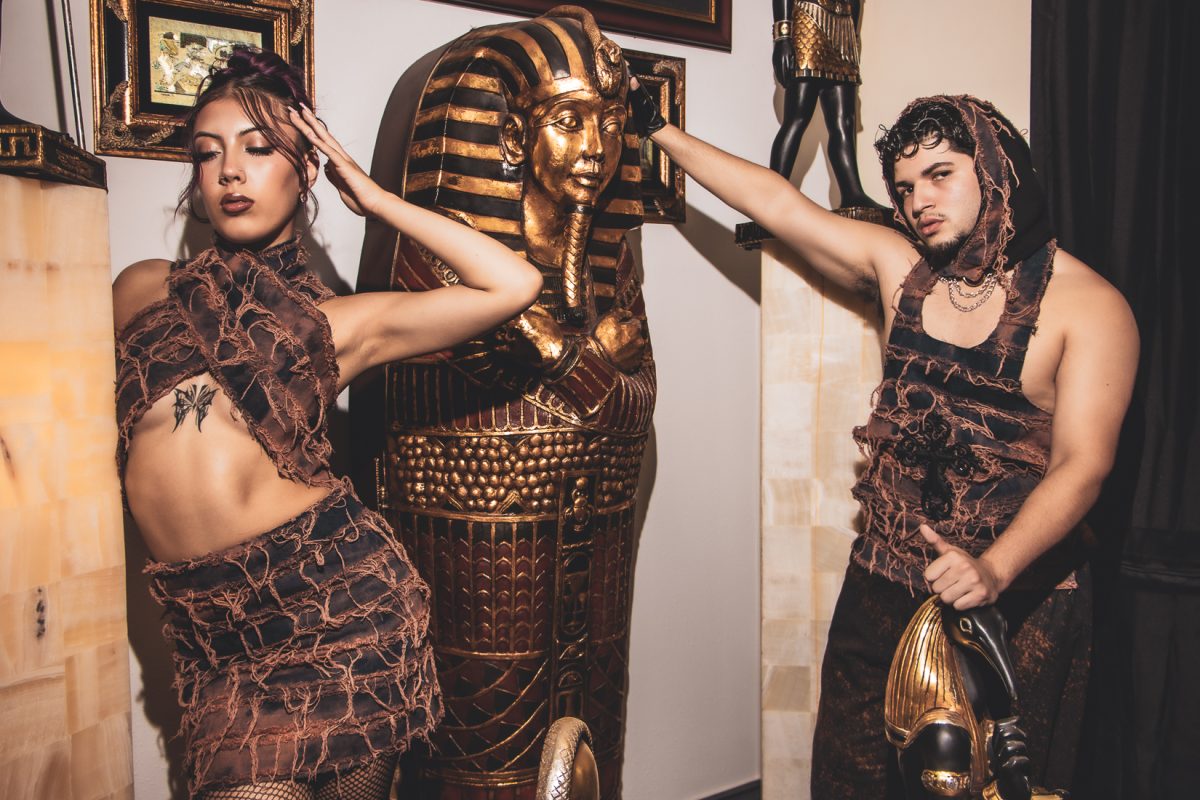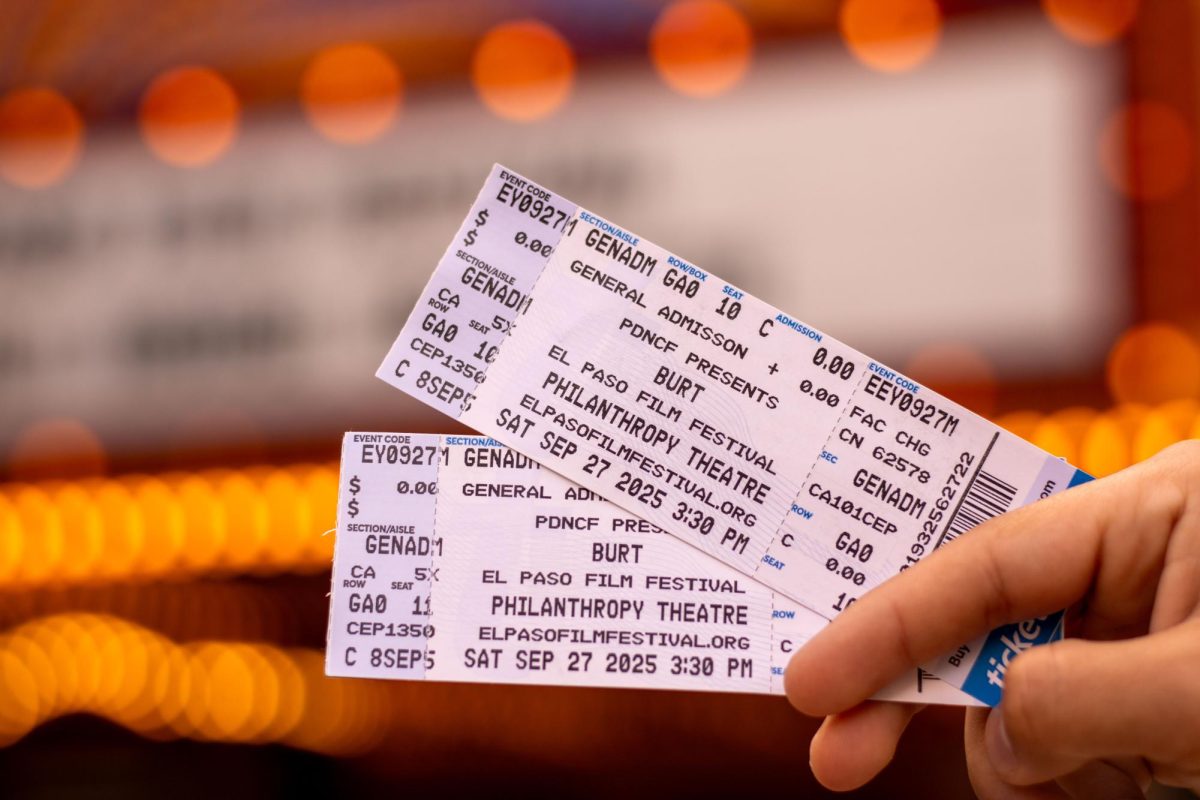Texas is a vast state filled with almost anything you could think of. It has a lower cost of living than most states, breathtaking views of its natural beauty and a beaming culture. At the forefront of these is Austin, Texas. This city is known for its arts scene, especially for those who love music. According to Impakter Business of Sustainability, Coachella, one of the most popular music festivals in the country, had an estimated waste of 1,600 tons, and only 20% was recycled as of 2021. These stats are an essential part of a larger question of “is there a better way of hosting such a big event while simultaneously being environmentally conscious?”
That is where Wizard Rodeo comes in, a music festival in Austin, Texas, whose goal is to produce as little to zero waste in their day filled with music, vendors and fun.
Although the Wizard Rodeo usually takes place in a large venue in Travis County, it was held in a new location due to the weather. On Saturday December 7th, the fourth annual festival was a success.
Matt Orr is from Texarkana, Texas, and is one of the key people who made the event as environmentally sustainable as possible.
“It was such a whirlwind, but I thought it was very special that people came together and came out,” said Orr. “People rallied to save the festival at the new location, Sam’s Town Point. We have worked on values like diversity in the artists that are selected, and of course, the sustainability thing has taken on a life of its own.”
Orr speaks on his passion for pursuing sustainability in what he does and the inception of the core values of producing less to zero waste for significant events, specifically Wizard Rodeo.
“There was a significant number of people that were interested in a green team (at the Long Time venue), and I work at the venue, and I am over waste and sustainability there by the byproduct of a personal passion of sustainability,” said Orr.
“Events are inherently wasteful, and because the festival is experimental, it became an opportunity to reach our sustainability goals. We know that this community is very supportive of what we are doing, and we just went all in on relationship building with vendors.”
This was a crucial aspect of the green team for Wizard Rodeo, as having a deeper connection with the vendors helped everyone stay on the same page. It was also important for the green team to communicate with vendors about the types of materials that should be used to maintain sustainability goals. This process also helps with the selection of vendors and helps create a shared vision.
Orr speaks about the sustainability success of this year’s go-a-round of the festival and how that is calculated.
“We achieved zero waste officially on Saturday, and this year, we did it scientifically, so to speak, having diverted 94% of our waste away from the landfill,” Orr said. We performed a waste audit, and you pulled whatever waste streams you had; for us, that was three. We had landfill, compost, and recycling, and throughout the evening, you can weigh out how much is produced and find the diversion rate. We ensured that we would hand sort each piece no matter which bin it arrived in.”
When deciding on sustainable items, the green team found sustainable and reusable cups. This is not only for events at the Long Time but also for this year’s Wizard Rodeo. The cups are called Cup Zero, an established company in New York, a logistical and reusable way to form one of the most significant waste factors that drink produces. Wizard Rodeo is the second group in Austin to adopt the cups, and there is a service to help wash and deliver them.
Heather Woo is the Zero Waste Consultant and Green Team Manager for this year’s Wizard Rodeo. Woo has a Bachelor’s of Science in Natural Resource Management and has worked in the recycling infrastructure for over a decade and helped an event with 40,000 attendees achieve zero waste status.
“As Green Team Manager, I oversaw the public eco-stations (recycling, compost, landfill bins), back-of-house waste sorting, and the reusable cup system. This included working with vendors to replace standard cups with reusables, collecting and washing cups during the event, and ensuring they were recirculated,” said Woo.
Music festivals and community gatherings in general generate massive amounts of waste, most of which can be completely avoidable with the right planning. Another aspect of sustainability was having festival merchandise that was environmentally conscious. During a music festival, it is common for artists to sell merchandise of their brand; however, most items like shirts or jackets are made with materials that are hard to recycle or just plain environmentally unfriendly.
Henry Smith, the Design Lab Manager at the University of Texas at Austin, managed a screen-printing method for merch at this year’s Wizard Rodeo.
“I have been a Wizard Rodeo fan since the beginning and have a huge selection of second-hand garments to print on,” said Smith. “A big thesis of Wizard Rodeo is low waste footprint and taking it to the point of what if we are printing on pre-owned stuff.”
This idea of ethical merch was a huge success for the festival, as many items were given up and made into amazing pieces of sustainable fashion.
Moreover, that is what the festival is all about—a way to create a sense of community with an event that is heavily environmentally focused. Events can always do better and if a festival in Texas can spread the message of sustainability, other festivals can too.
Catching Marginot is a contributor and can be reached at [email protected]

